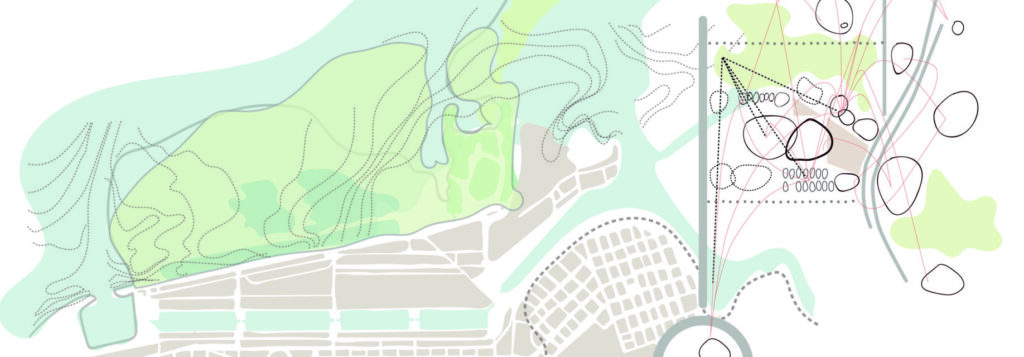TU Berlin
Faculty VI – Planning, Building, Environment
Institute of Landscape Architecture and Environmental Planning
ÉLAN :::
Entwerfen von Landschaften im Anthropozän
Designing Landscapes in the Anthropocene

Landscape architecture, like urban design and architecture, is an established profession and academic discipline. Landscape architects design planetary futures: they draw, they build, they teach, and they research. The boundary between practice and academia is not important: Landscape architecture students are taught in the studio as well as in the field, and research takes place in libraries as well as in real-world laboratories. Practice, teaching and research intertwine and cross professional and disciplinary boundaries; knowledge becomes transdisciplinary. Moreover, knowledge is generated collectively, in collaboration with other disciplines from the natural and the social sciences, from the humanities and the arts. To serve a globalising world, knowledge is increasingly being created internationally, in collaborations across the hemispheres, with academics and practitioners from Europe, the Americas, Africa, Asia, and Australia. Most importantly, it travels in many directions, not just from North to South. According to Colombian anthropologist Arturo Escobar, the future of life on this planet requires multidirectional thinking and action, and a ‚pluriversal‘ understanding of design and knowledge. And where else but in the densely built, complex urban landscapes that house fifty percent of the world’s population would professionals and scholars better understand the ‚pluriverse‘ as a world of many worlds, made by many hands, conceived by many souls, together.
